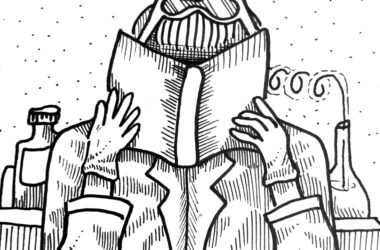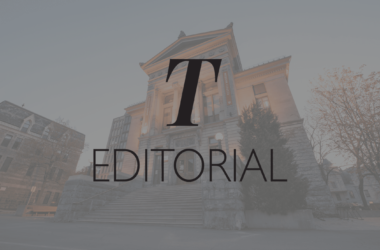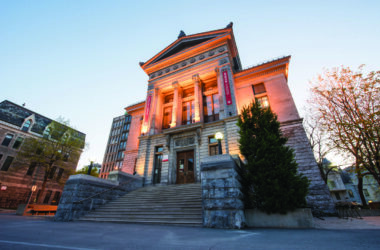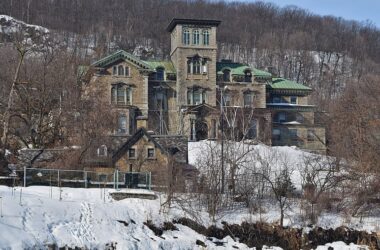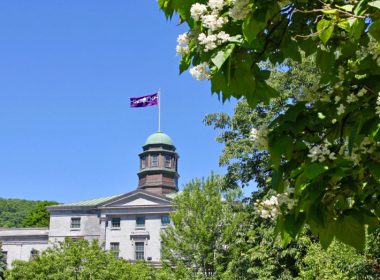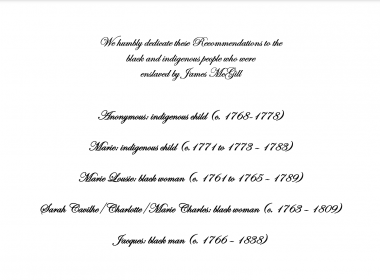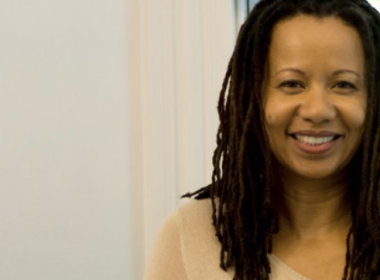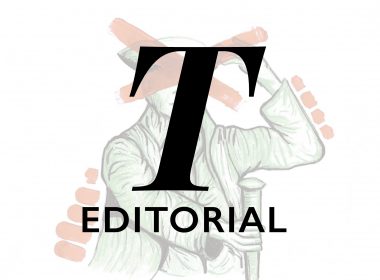Science has helped society make sense of the natural world and all of its intricacies. Advancements in medicine, technology, and mathematics have all led to improvements in human welfare. At the same time, science can be applied unequally, benefiting those of a specific race or class, in ways that distort[Read More…]
Tag: colonialism
Stricter bail is a far cry from justice
On Jan. 13, all of Canada’s premiers signed a letter addressed to Prime Minister Justin Trudeau urging him to take immediate action in enforcing stricter bail measures. Such reform would place the onus on the accused to qualify for bail, increase the number of people held in jail without trial,[Read More…]
Self-determination, not colonial intervention
Content Warning: Mentions of sexual and colonial violence Amidst endemic gang violence, fuel blockades, and a cholera outbreak in Haiti, the United Nations (UN) Security Council is considering a military intervention to support the Western-backed central government. Foreign incursions have already begun, with Canada and the United States sending military[Read More…]
Ushering in a new future for McGill’s museums
Museums: A quintessential aspect of family vacations, school trips, and artsy dates. For centuries, they have offered visitors the chance to explore conceptual, social, scientific and artistic heritages. But museums hold more weight than most realize; they are inherently political and consistently perpetuate racism. Non-Western cultures are frequently misrepresented in[Read More…]
Mourning the Queen celebrates a violent legacy
CW: Colonial violence On Sept. 8, Queen Elizabeth II of the United Kingdom died following a series of health complications. As a member state of the Commonwealth, Canada has commenced a 10-day national mourning period. The House of Commons was convened on Thursday to pay tribute to Elizabeth and to[Read More…]
Redressing the history of medical injustice at McGill
Content warning: Enslavement, medical abuse, racial and colonial violence McGill’s troubled history of abuse and complicity in violence toward Black, Indigenous, and disabled people is nothing new. James McGill enslaved at least three Black people and two Indigenous children, an increasingly recognized and discussed reality within the community, especially following[Read More…]
Truth and Reconciliation Day: McGill’s lost opportunity
McGill University has sent a bold message to Indigenous students and their communities by refusing to close for Truth and Reconciliation Day this upcoming Sept. 30. The federal government created this statutory holiday to give Canadians an opportunity to acknowledge and learn about the tragic history of residential schools. Educating[Read More…]
Tribune Explains: Dr. Charmaine Nelson’s Bicentenary Recommendations
Former McGill Art History Professor Charmaine Nelson, along with some of her students, released a 98-page research document on June 22, titled “Slavery and McGill University: Bicentennial Recommendations.” The document included an investigation of the connection between James McGill and transatlantic slavery, the biographies of people enslaved by McGill, and[Read More…]
10 out of 1726: Confronting McGill’s colonial past and racist present
McGill lost 10 per cent of its Black faculty when Art History professor Charmaine Nelson left to take up a new post at the Nova Scotia College of Art and Design (NSCAD) in July 2020. Of the 1726 tenured or tenure-track faculty at McGill, only 10 are Black—a figure unearthed[Read More…]
McGill needs to address its colonial legacy
McGill’s Vice-Principal Academic Christopher Manfredi is very proud of his efforts to advance McGill’s academic commitment to equity and inclusion. Manfredi says so in the McGill Reporter’s recent feature interview “Confronting Colonialism”, where he introduced McGill’s new Provostial Research Scholars in Institutional Histories, Slavery, and Colonialism program. The program will[Read More…]
